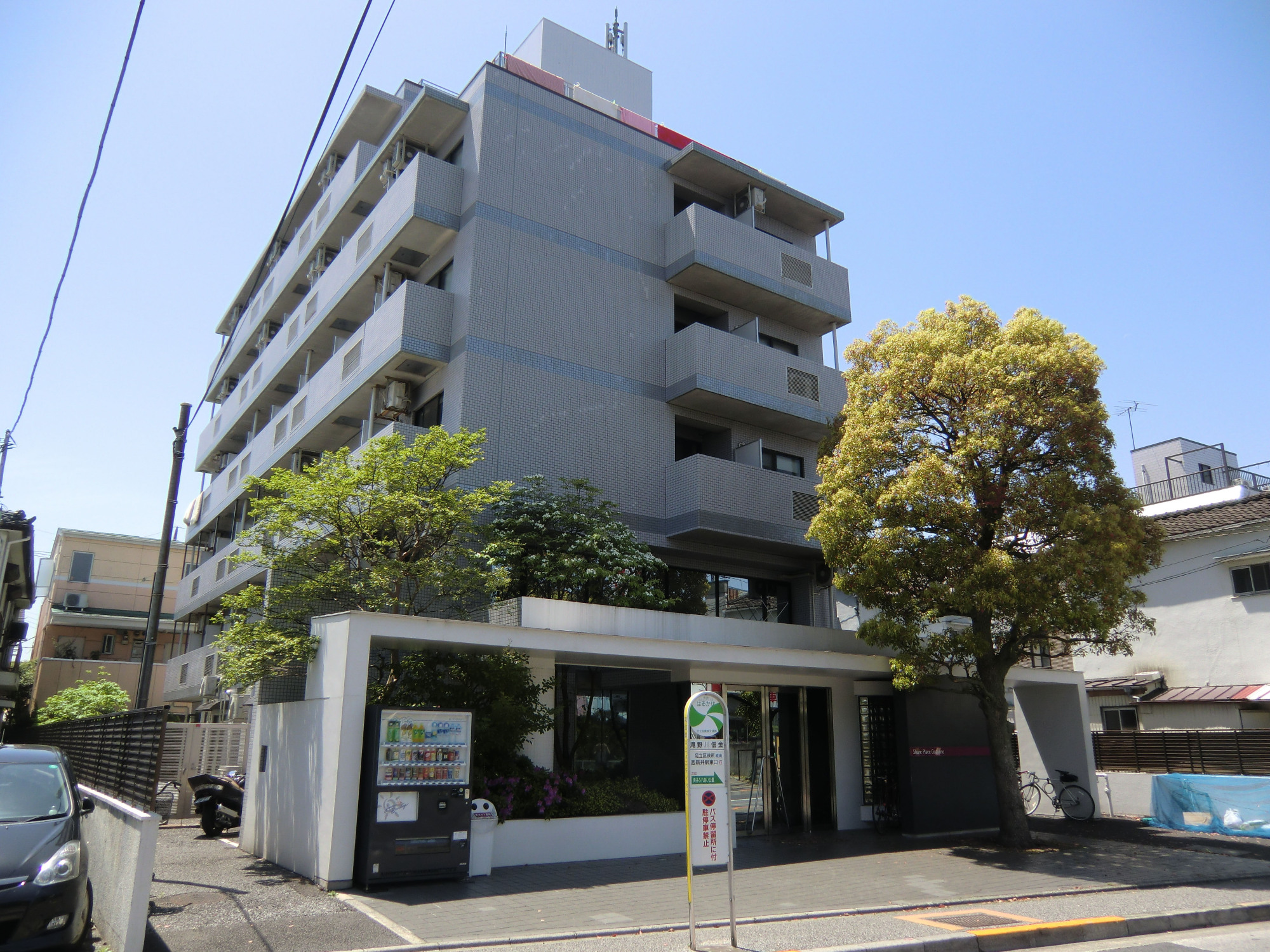Many Japanese people are wary of investment as a means of growing their savings. There are a variety of reasons for this caution, so most keep their money in a bank, gaining almost no interest in the process, in the hope that they won't lose any in the long run. However, some salaried workers who understand that their state pensions won't be enough to live off of when they retire do invest money in real estate, despite the fact that Japanese real estate has seen limited growth ever since the inflated asset bubble burst in the early 1990s.
Lately, there have been news reports of real estate investment scams. One is for so-called share houses. Originally, the term "share house" was used in Japan to describe a housing situation common in the U.S. and Europe but uncommon in Japan: apartment or house sharing by a number of unrelated people who split the rent and utilities. In such cases, each tenant has a bedroom and all share common areas such as kitchens, bathrooms and living rooms. One of the reasons this style of living did not catch on in Japan is the compact physical nature of Japanese housing, but more often landlords simply did not and often still don't want to rent to multiple numbers of unrelated persons.
Nowadays the term "share house" covers various kinds of accommodation in Japan. Some are modernized versions of what used to be called simply "apartments" after World War II: separate, distinct living spaces all under one roof, with a shared kitchen and toilet facilities. In the 1950s and '60s, these apartments usually didn't have baths, so residents had to use public baths. Now, they come with showers. What they often don't have is a shared meeting area like a living or dining room and the kitchens tend to be strictly utilitarian. There's only enough room to prepare a meal, which will likely be eaten in the individual's room.



